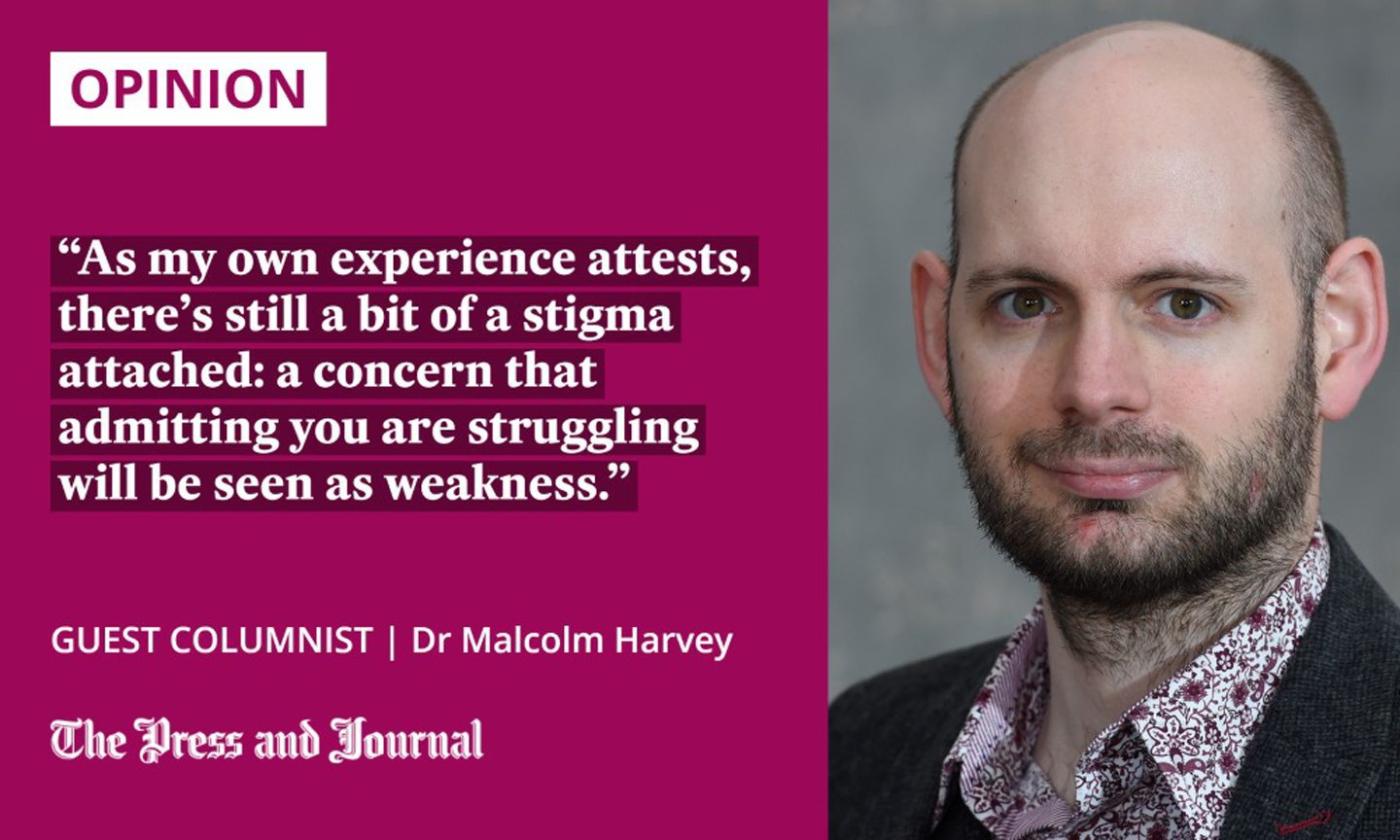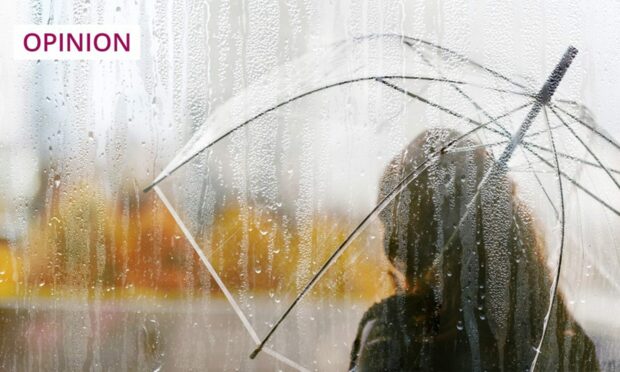I didn’t really want to write this column, but I think I needed to.
My depression is back.
At first, I didn’t really recognise it or acknowledge it. Then I didn’t want to admit it. Then, when I admitted it, I didn’t want to get help. Then when I got some help, I wondered why I hadn’t acted sooner. My past experience taught me that recognising, acknowledging and acting are key to dealing with it, so why was I so reluctant to do so?
I was first diagnosed with depression in 2014. Irritability, lethargy, overeating, oversleeping, napping, obsessing over minor things, avoiding company, hiding out at home – the whole nine yards. Initially, I buried my head in the sand, but the news that Robin Williams had taken his own life was a lightbulb moment, and I went to see a GP.
Multiple avenues for help were offered – and accepted. Self-help, counselling, CBT – none of those really worked for me. But, after some experimentation, medication did. I was on antidepressants for around four years. And I got better.
Better. Not cured.
I got to be good at managing my mental health. I prioritised exercise. I kept myself organised. I planned meticulously. I carefully analysed every conversation. And there was the small matter of a global pandemic – which, I guess, I managed about as well as most people did.

But all of that takes a toll. Micromanaging yourself to that degree just to keep functioning at a “normal” level is exhausting. And, when there’s an interruption to that – in my case, a parasitic infection that led to a severe sickness bug and a week of no food – the delicate balance is thrown off. No food meant no energy, no energy meant no exercise, no exercise meant no serotonin, no serotonin meant a decline in my mental health.
I felt like a failure – and a fraud
It started slowly; imperceptibly. Those around me didn’t even really notice. I could mask it better, and it definitely wasn’t as severe as 2014 – I was getting out of bed, for a start. However, it was there, and I knew it was happening. But I didn’t want it to be.
My experiences with this before led me to write several articles about depression, get involved in my workplace mental health initiatives and become very vocal about the fact that “it’s OK to not be OK”. I knew that medication was what would help me and, yet, I was very reluctant to do take it. Why?
Well, the experience of coming off antidepressants wasn’t much fun. I spent a couple of days too dizzy to get out of bed. And the initial side effects weren’t great either. But some slight discomfort and a few days of dizziness seems like a decent trade for relatively “normal” functioning, so why put it off?
The truth is: I felt like a failure – and, worse, a fraud. I’d spoken a lot publicly about my experiences, extolling the virtues of exercise, self-managing symptoms and medication.
I’m sure I even said something like: “If I ever get to the point where I need antidepressants again, I’ll have no hesitation in taking them.” And, yet, here I was: hesitating.
It felt like a backward step; an admission of defeat. It felt like I couldn’t cope by myself, like I’d put myself in a position where I’d talked the talk and couldn’t walk the walk. And, with that, came the feelings: anguish, shame, guilt at hiding how I was really feeling.
We’ve made progress but there’s still stigma
There wasn’t really a point at which things came to a head; no pivotal moment of clarity. I think I had a couple of conversations during which I realised that I was struggling and that I needed help.
I got an appointment with a GP who very quickly agreed to write a prescription. I’ve had regular appointments to review my progress, including an increase in dosage, and things seem to have levelled out some in the four months I’ve been back on medication.
It can feel fraudulent when you’re giving advice to others that you can’t seem to follow yourself
I’ve written previously about how we’ve made so much progress in this area. We have, and that should be recognised. But, as my own experience attests, there’s still a bit of a stigma attached: a concern that admitting you are struggling will be seen as weakness. It can also feel fraudulent when you’re giving advice to others that you can’t seem to follow yourself.
For my part, my colleagues have been incredibly supportive, particularly those who share similar experiences with the black dog. The kindness of others in these circumstances is an unbelievable help – even better than sertraline, at times – and I think that’s the biggest change we need to see.
Yes, of course, much more financing of mental health provision, counselling services, more doctors recognising these symptoms earlier – all of this is sorely needed. But, as a society and as individuals, the best thing we can do is support one another.
- If you are struggling with your mental health, you can phone Breathing Space on 0800 838587 or Samaritans on 116 123 right now
Dr Malcolm Harvey is a lecturer in politics at the University of Aberdeen. He wrote this piece in a personal capacity.


Conversation